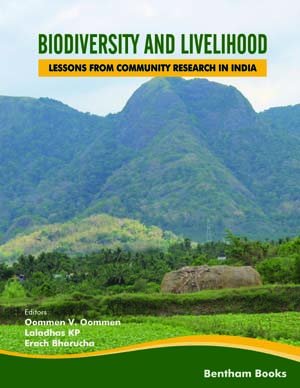Abstract
Habitat degradation and invasive alien species are two principal forces that antagonistically interfere with native biological diversity of any region. Both the above are widely reported from India. Despite well-intended fiscal commitments towards biodiversity conservation at various levels, the ground reality is not always rosy. Lack of timely and actionable information threats to biological diversity strips practical utility from a majority of studies.
The advancement in information and communication technology that enables standalone, distributed client-server or cloud-based applications, which access information via web interface; opens hitherto unavailable options to conservation biologists. Mobile computing platforms provide a means to seamlessly integrate concurrent conservation campaigns while precluding duplication. With an in-built global positioning sensors, wireless connectivity, multi-media capabilities, browsers, etc., mobile platforms have the potential to transform biodiversity studies and boost conservation efforts. They provide an affordable means of scalable and rapid biodiversity field campaigns.
The authors present BIOTA – a BIOdiversiTy App that helps to identify and flag geographic coordinates of invasive plant species in India. The current release (Version 1.0) can identify 10 invasive plant species and record its location with time stamp on Google map. BIOTA is currently developed for Android operating system and can be downloaded from www.iiitmk.ac.in/cvrlei. Adoption of BIOTA by researchers, students and conservation enthusiasts will help to rapidly generate information on the presence of invasive species at various locations. This, in turn, will help to improve the prediction accuracy of invasive species distribution and to generate actionable information.
Keywords: Biodiversity, Field survey, Invasive species, Mobile computing platform.






















